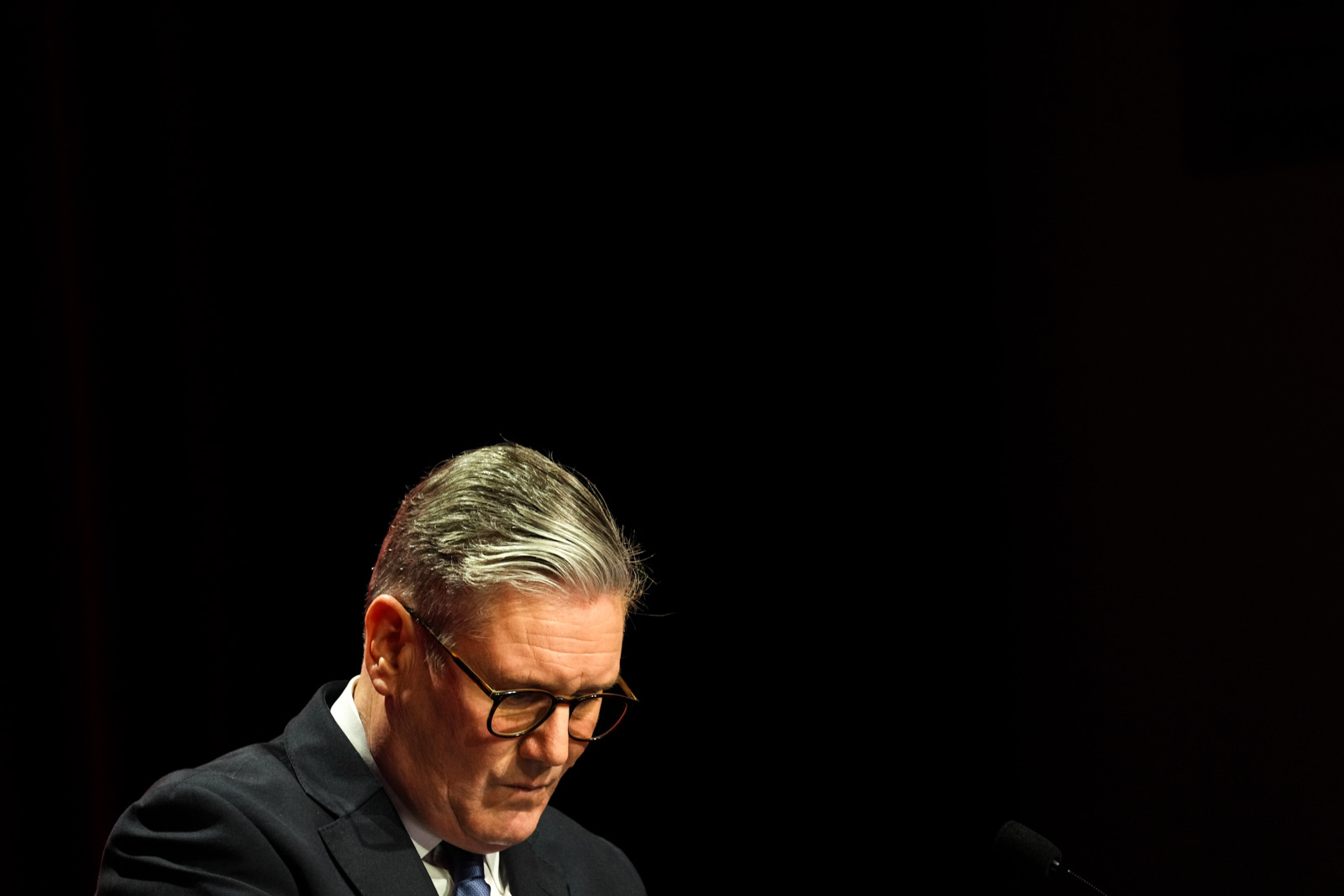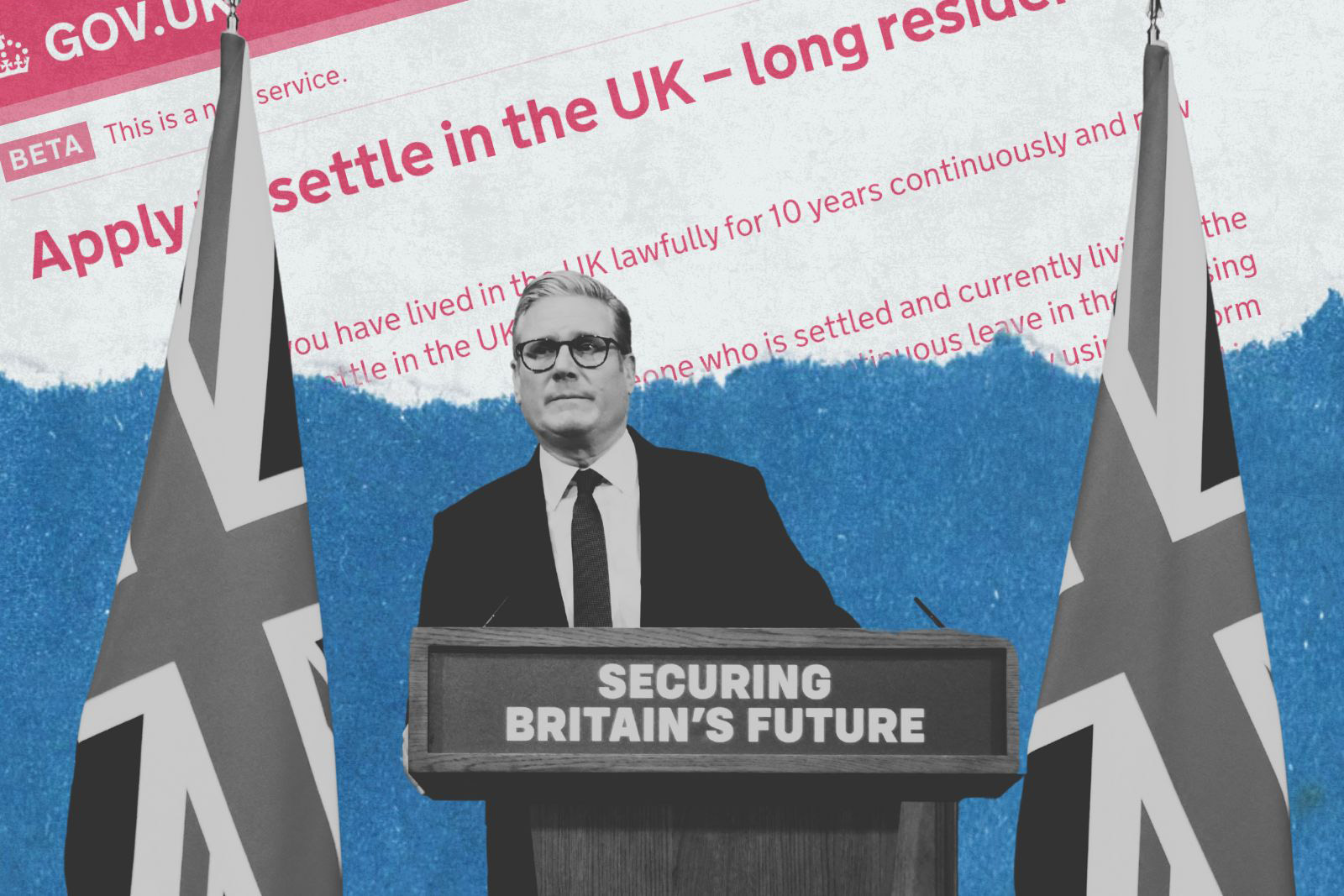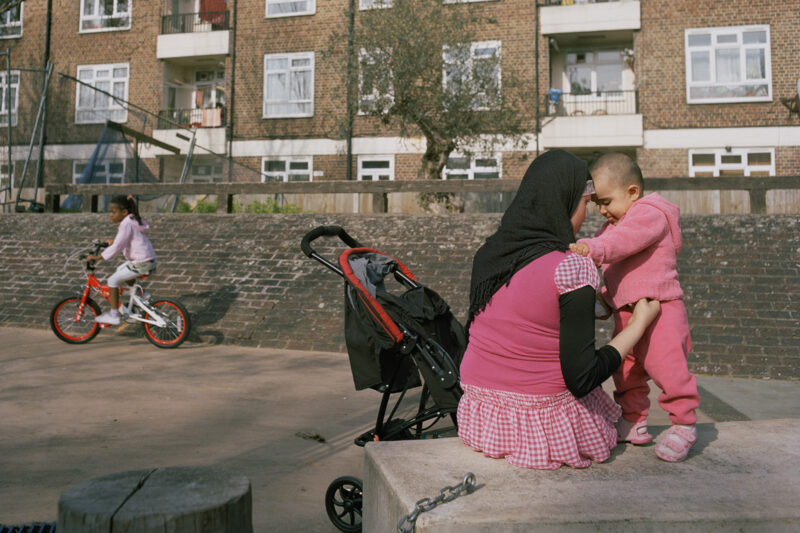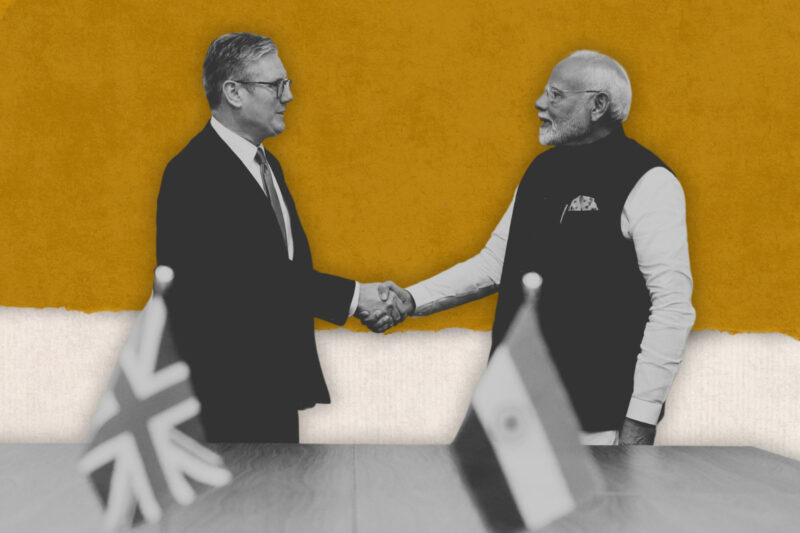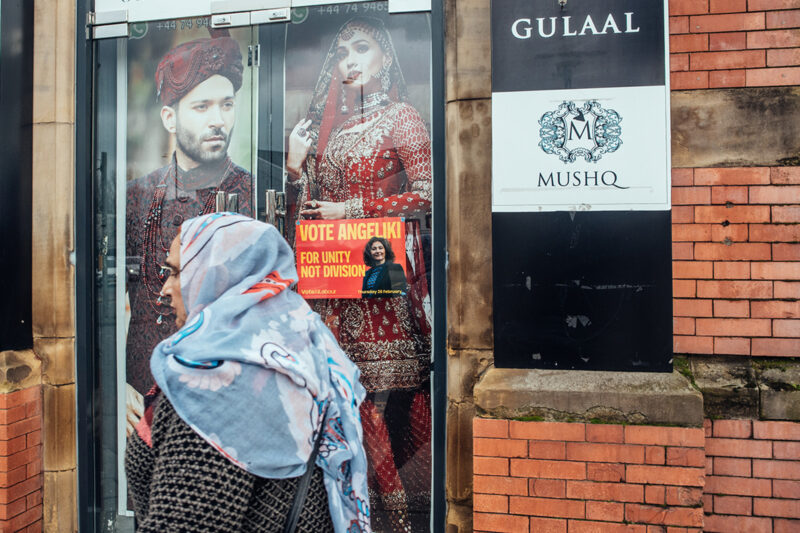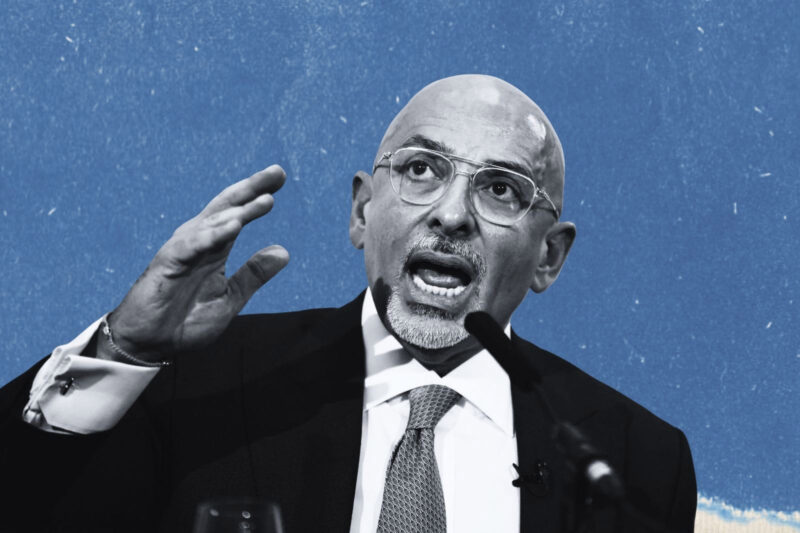New phase, old divisions: MPs give verdict on Starmer’s reset
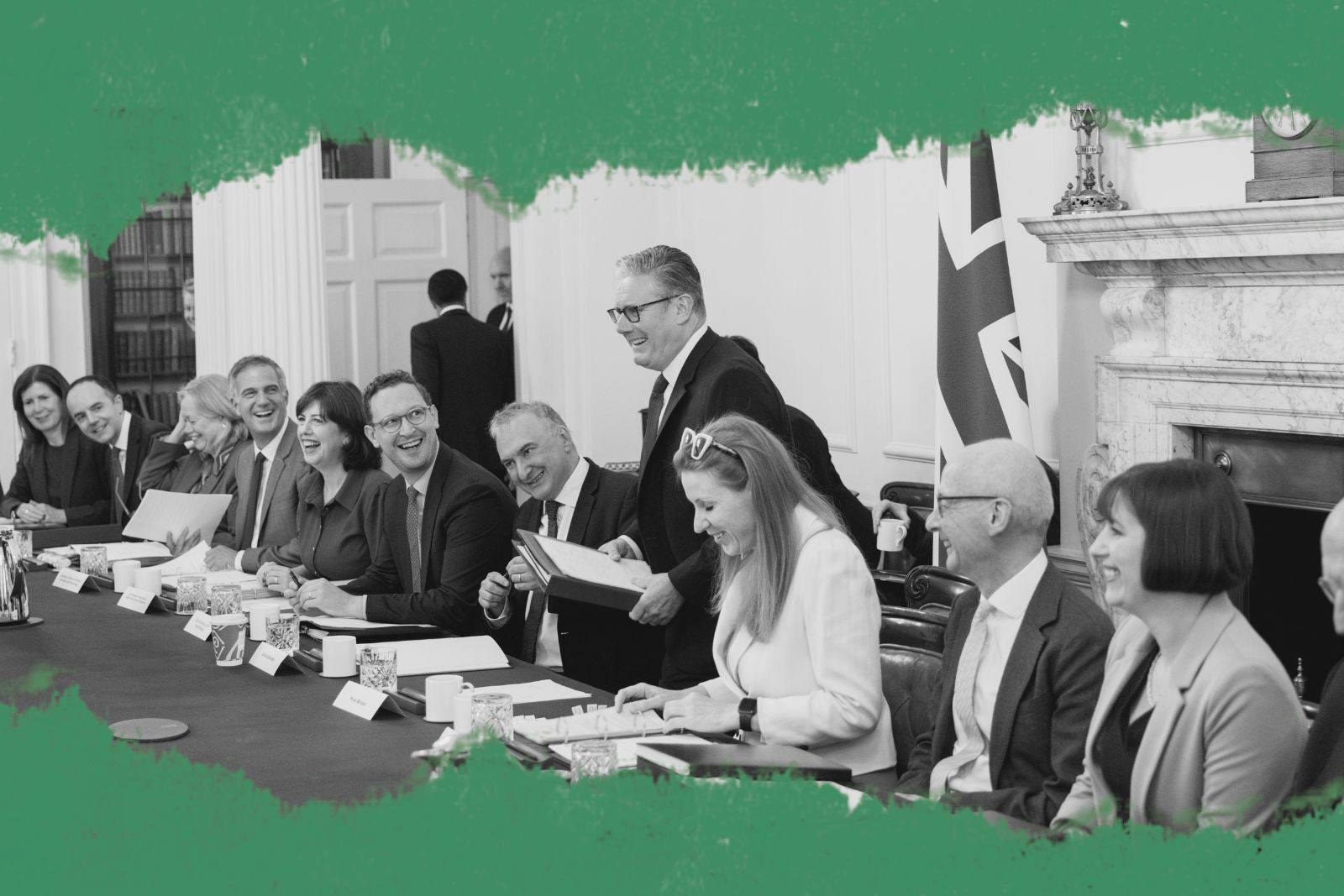
Keir Starmer says it’s ‘phase 2’ of his government. As the cost of borrowing soars and growth slows, the economy is top of the agenda
“It’s time to deliver.” That’s the message reverberating around Westminster this week from Keir Starmer’s newly reshuffled Downing Street team. After just over a year in office, the prime minister is signalling the start of what he’s calling “phase two” of his government.
The personnel changes may not set pulses racing beyond SW1. But taken together they reveal a great deal about where Starmer wants to direct his political capital over the next year.
The most eye-catching is the creation of a new role: chief secretary to the prime minister. Darren Jones, previously number two at the Treasury, has been drafted in to fill it and in effect becomes Starmer’s ministerial enforcer across government departments. It will be his job to make sure the prime minister’s priorities are not only agreed upon in principle but implemented in practice.
Alongside Jones comes a new hire with heavyweight experience: Minouche Shafik, a baroness in the House of Lords — and a former deputy governor of the Bank of England and vice chancellor of the London School of Economics. As Starmer’s chief economic adviser, Shafik, who has also held positions at the World Bank and the International Monetary Fund (IMF), brings intellectual firepower and international credibility. Pairing her with Jones points to a clear message: the economy is firmly at the centre of Downing Street decision-making.
This matters because the UK’s economic outlook is hardly glowing. Growth slowed in the second quarter of the year to just 0.3%, down from 0.7% at the start of 2025. The cost of 30-year government borrowing has climbed to levels not seen since 1998 and real income growth has largely stagnated in the UK since the 2008 financial crisis. In that context, the budget this autumn looms as potentially the defining political moment for the next year.
Speculation is rife about the scale of the fiscal hole, widened by the recent policy U-turn on welfare, and expected downgrades to the official GDP growth forecast. The spending review in June locked in departmental allocations and, with the government having ruled out further borrowing, the choices are narrowed to two options: welfare cuts or tax rises. Both carry serious risks for a government elected on a mandate of change and fairness.
The economy is a core pillar of phase two; immigration is another. After a bruising summer of headlines about small-boat arrivals and the use of hotels to house people awaiting asylum decisions, Starmer is acutely aware that Reform UK, buoyed by Nigel Farage’s relentless campaigning, is eating into Labour’s electoral base.
Over the recess, Farage’s party has staged press conferences, rolled out policy proposals and filled the media vacuum in a period usually reserved by MPs for constituency surgeries and beach holidays. Reform’s strategy has been brutally simple: talk about immigration every day.
This week, home secretary Yvette Cooper announced that she would suspend the rights of refugees to bring family members to the UK. When I spoke to her for ITV News, she said immigration was a “huge priority” for this government and pointed to the new “one-in, one-out” returns arrangement with France, which she says will be used for the first time this month. She also admitted she wants to stop the use of hotels to house people seeking asylum well before the government’s official 2029 target. Behind closed doors, Starmer himself has been chairing cross-department meetings to track progress on the government’s immigration targets.
Labour MPs are split over the right strategy, but even Starmer’s most loyal backers admit “phase one” of his government has been underwhelming. From a large, if shallow, Commons majority last year to a recent YouGov poll placing Labour 11 percentage points behind Reform, the shift has been dramatic.
Some MPs argue Labour must tackle Reform head-on. “If we can fix the asylum system, reduce hotel usage and make the system efficient, we can convince people we are able to deliver,” one told me. In their view, failing to prioritise immigration risks losing the political argument entirely to Farage.
Others, however, want a different tack. They argue that immigration is a proxy issue — a symptom of deeper public discontent with sluggish growth, falling living standards and crumbling public services. “In what world do people believe immigration is a problem and decide Labour and Keir Starmer are the answer?” another MP asked pointedly. “We need to get the economy pumping and improve people’s standard of living for them to believe we are the government for them.”
Starmer, for his part, seems determined to straddle both camps. His reshuffle underscores the economic pivot, while those in government would say the focus on immigration reflects the political reality of Reform’s rise. Whether his government can do both simultaneously remains the central question.
The stakes could hardly be higher. Autumn brings the twin tests of the budget and Reform UK’s conference, with Farage eager to seize every microphone available. Meanwhile, the government faces the grind of delivery, trying to show voters that “phase two” is more than just a branding exercise.
The prime minister knows he cannot afford another year of drift. Labour was elected on a promise of competence after years of Conservative turbulence, but the polling suggests the public has not so far been impressed with the results.
The second year of a government can often define its fate. The honeymoon is over, the slogans are stale, and voters start to ask the simplest question of all: what have you actually done?
Shehab Khan is an award-winning presenter and political correspondent for ITV News.
 Newsletter
Newsletter


